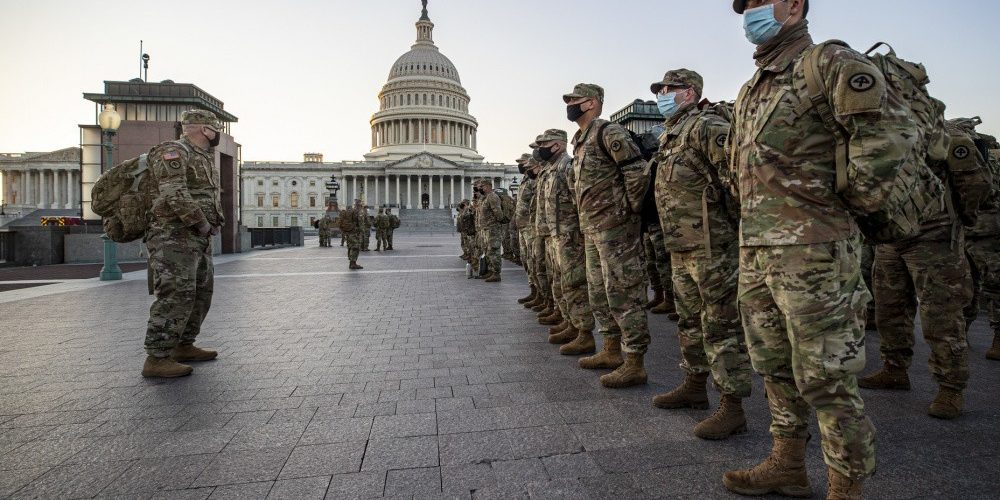The National Guard is a reserve component of the U.S. military comprising the Army National Guard and the Air National Guard. National Guard service members face unique challenges compared to both the active-duty components and other reserve component service members. To be successful, they must balance a civilian career with military training and responsibilities. They may be called to serve in an overseas contingency operation or in an emergency response in their community. This exposes them to a wide variety of trauma that others will not experience, as well as significant disruptions in their lives. This research collates significant studies that impact the understanding of behavioral and mental health among National Guard service members.


